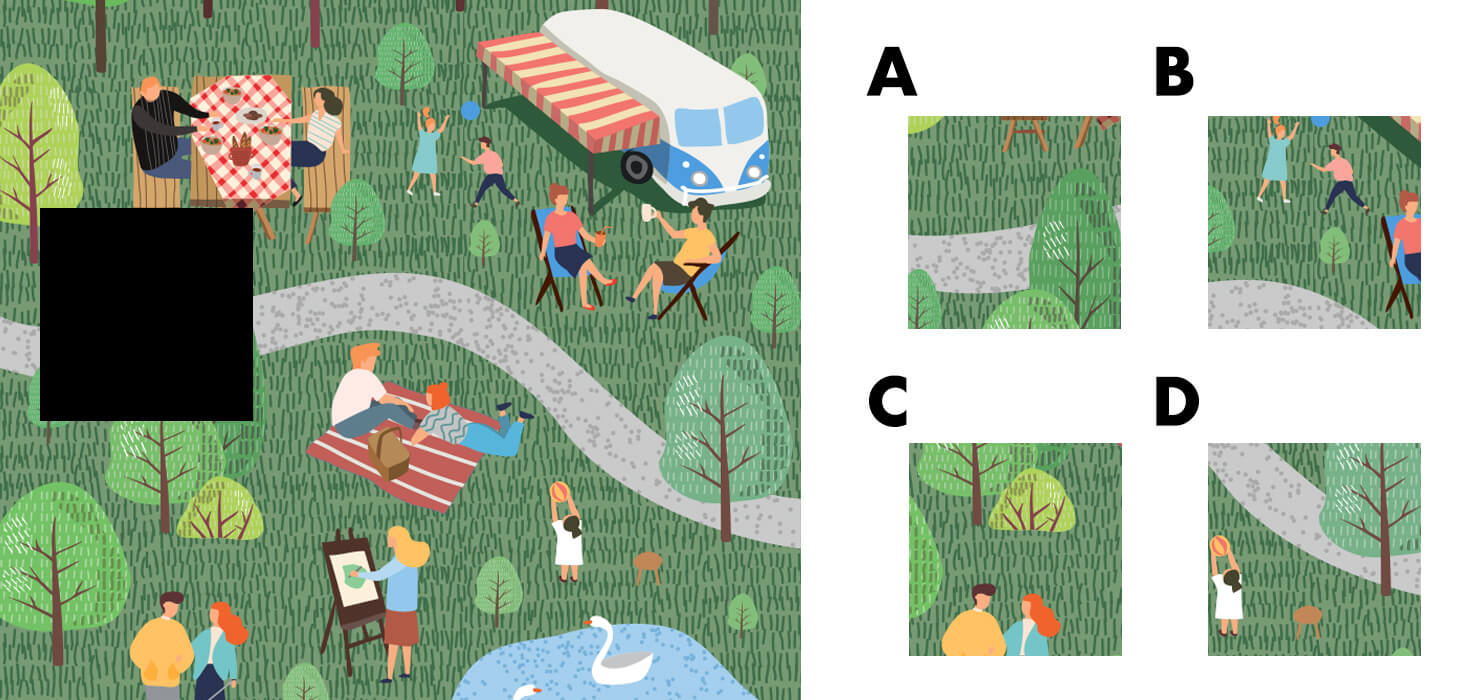Not only are eye-test challenges beneficial for brain development, crossword puzzles improve players’ vocabulary skills and help people of all ages improve their spelling skills. Scientists have explained how doing crossword puzzles can aid your mental health too! Let’s take a look at some of the benefits of doing crossword puzzles.
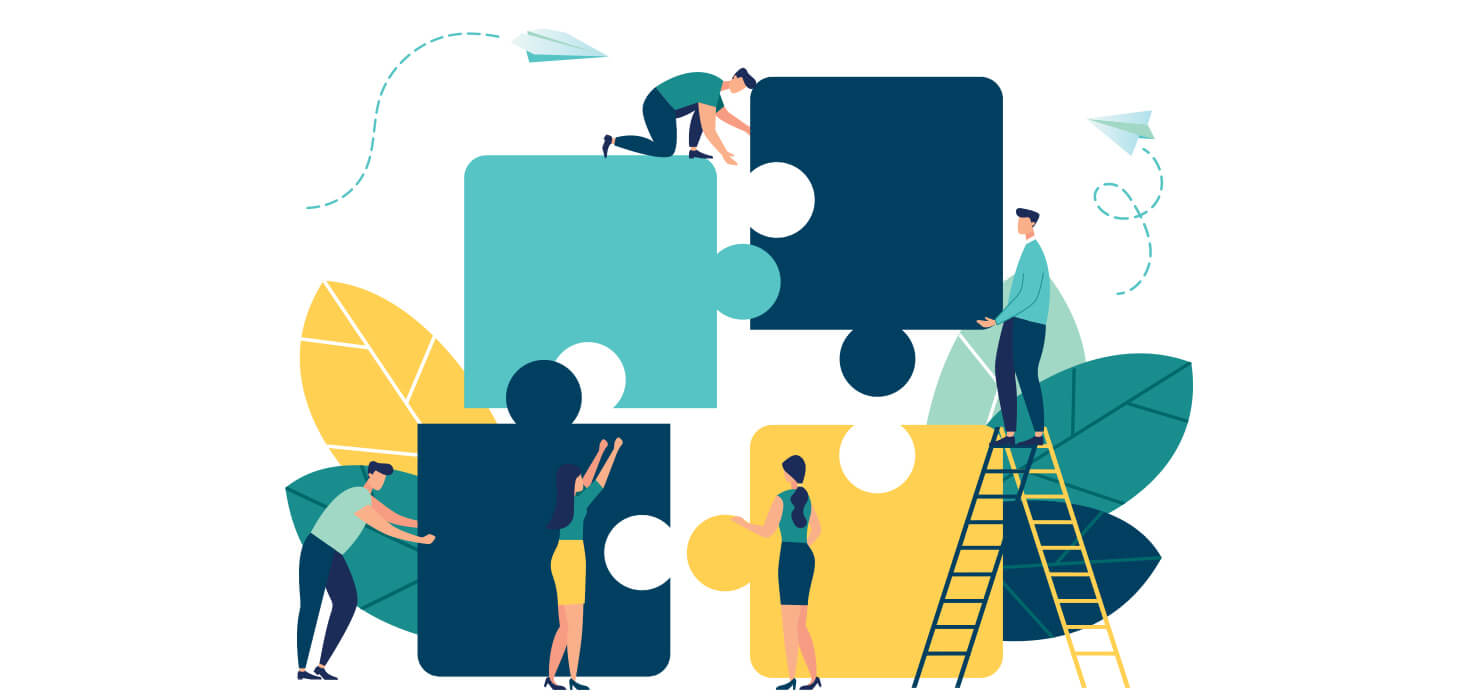
1. Boosting Verbal Skills
Researchers have noted positive effects that come with playing crossword puzzles regularly, like improving your memory and verbal skills. When you are engaged in a any type of mental activity, your brain is busy making connections. This means that you are cognitively and creatively involved in the process. Any type of brain exercise can help you solve problems quicker and vastly improves your verbal and comprehension skills.
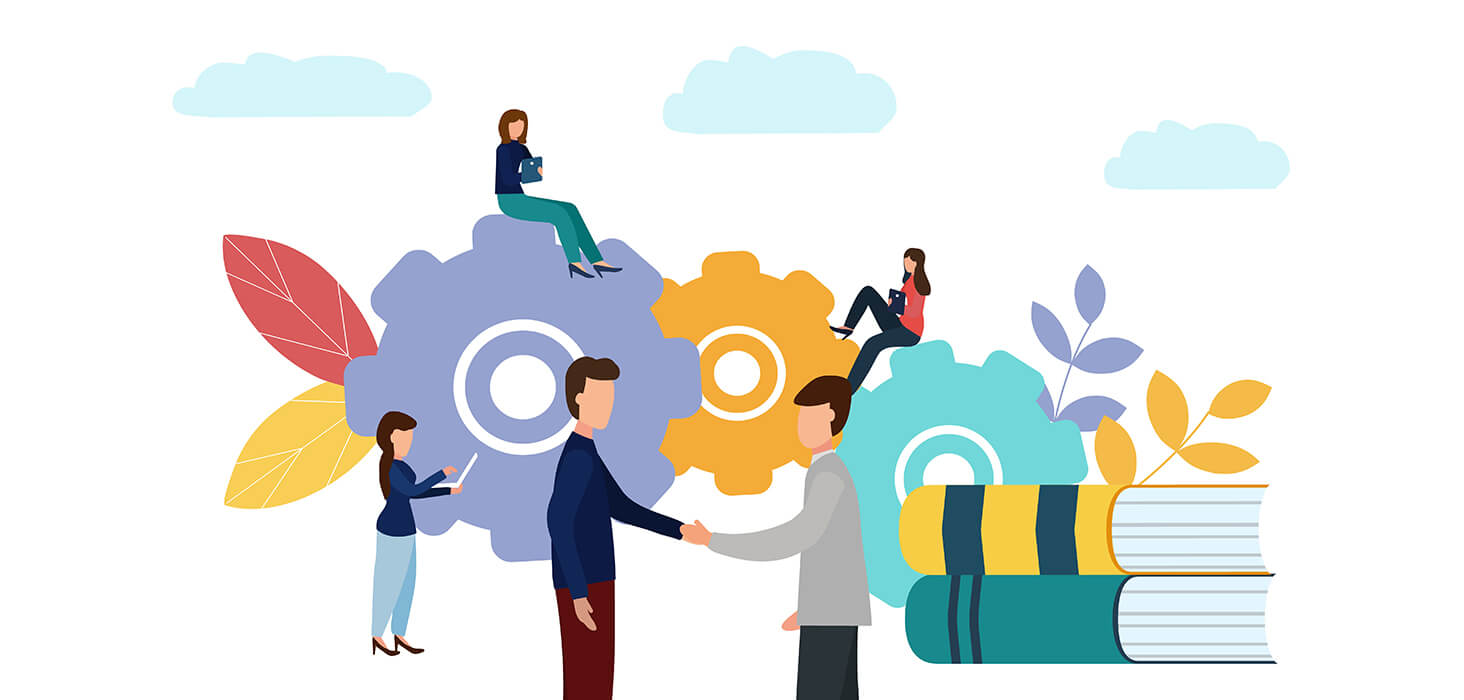
2. Decrease the Risk of Dementia
When it comes to brain age and conditions like dementia, research conducted in nursing homes found that people who engaged in regular physical exercise and activities like reading and crossword puzzles showed a much slower memory decline.
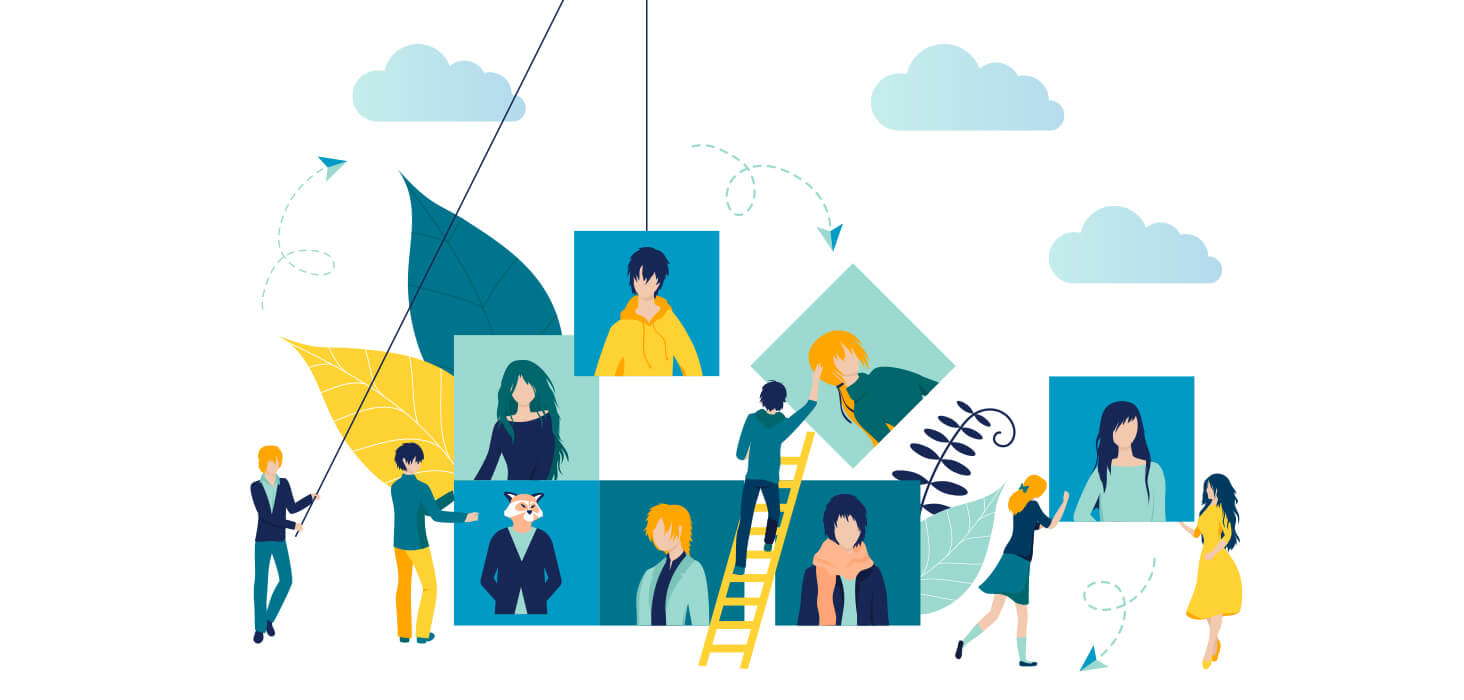
3. Relieve Stress
Crossword puzzles have been said to relieve stress. When you are engaged in a game or puzzle, it means that you are in a meditative state. The benefit of these types of activities is that you are able to relax more because you are not focused on problems. Word games are great for forgetting worries, even if just for a little while.
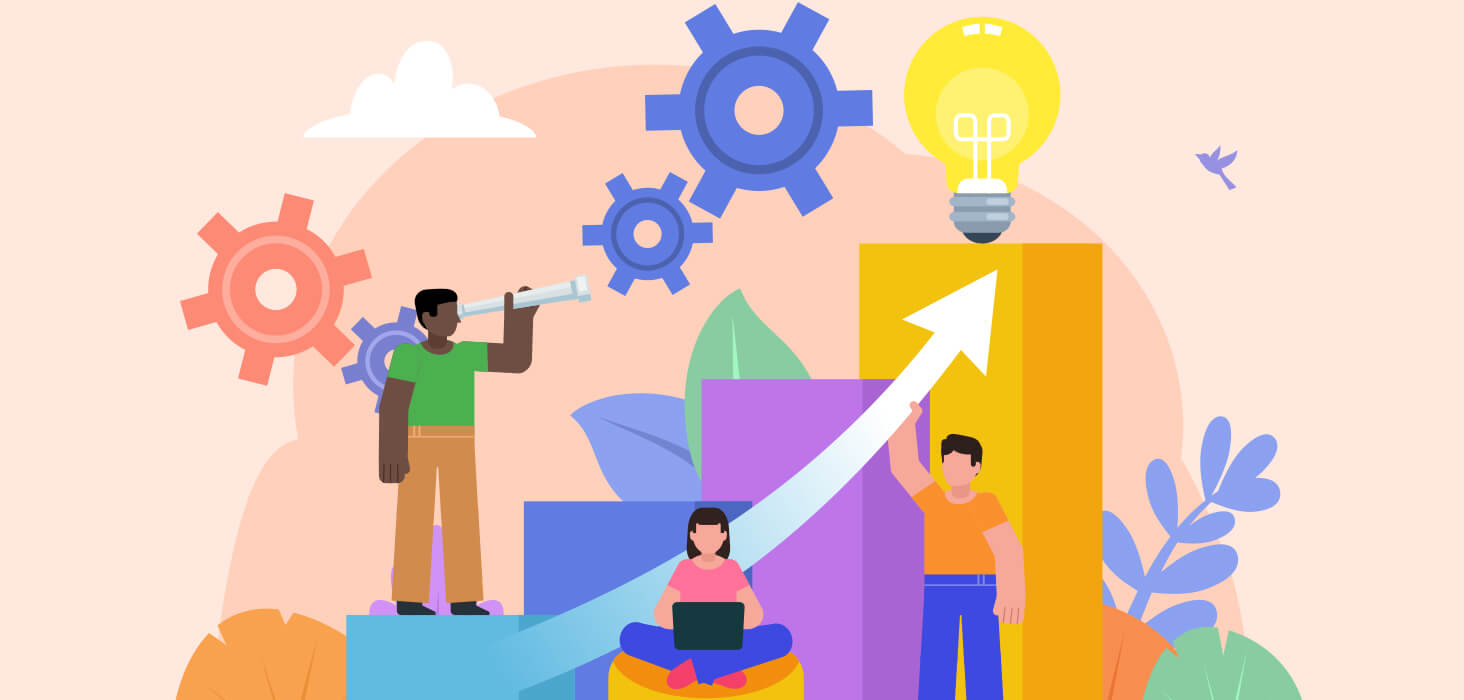
4. They are a great way to socialize!
When you bounce ideas off other people, or complete a challenge in a group, the reward center in your brain is activated, which prompts you to have positive emotions. Crossword puzzles are a great way to bond with friends and family too!
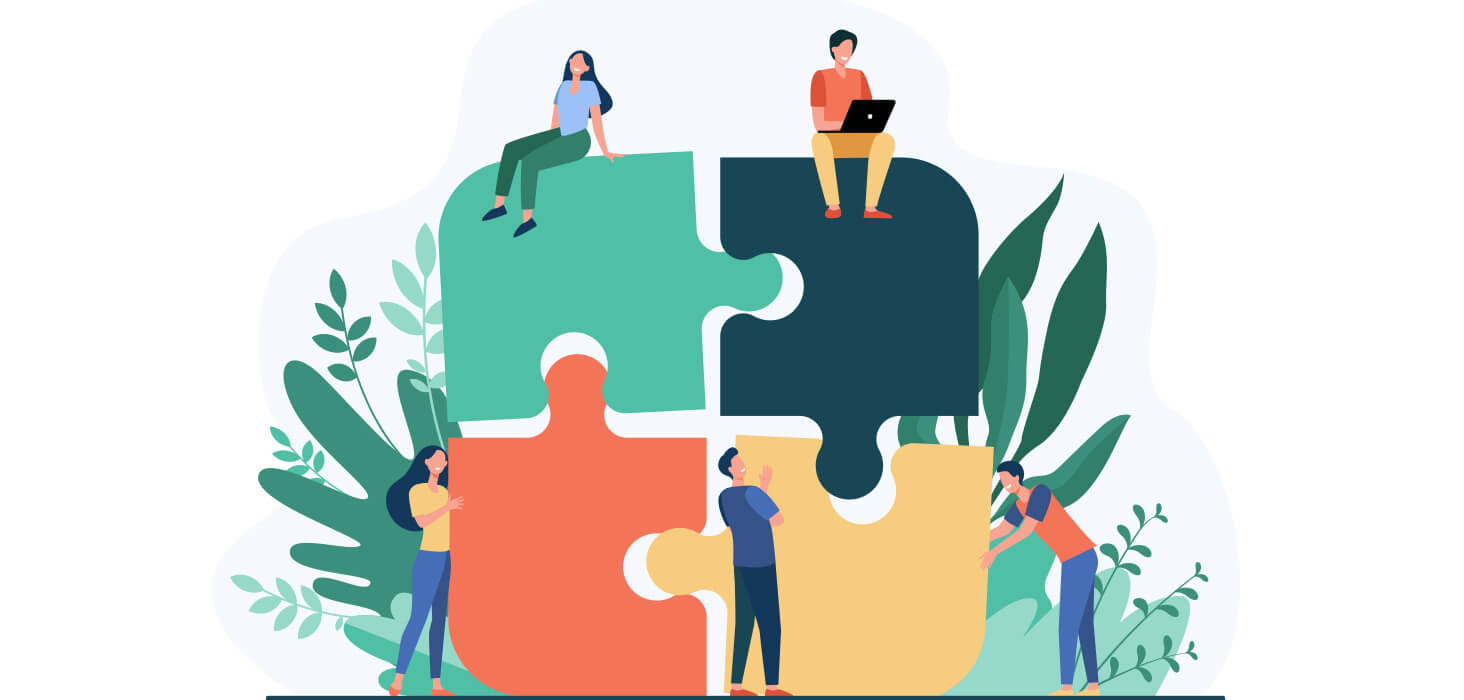
A cartographer by the name John Spilsbury is responsible for inventing the first jigsaw puzzle in the 18th century when he dissected maps and used them for educational purposes. By the early 20th century puzzles became a primary amusement of high society customers who made them a part of their weekend house parties and country retreats. Take a look at the very first jigsaw puzzle, made from a cut out world map!
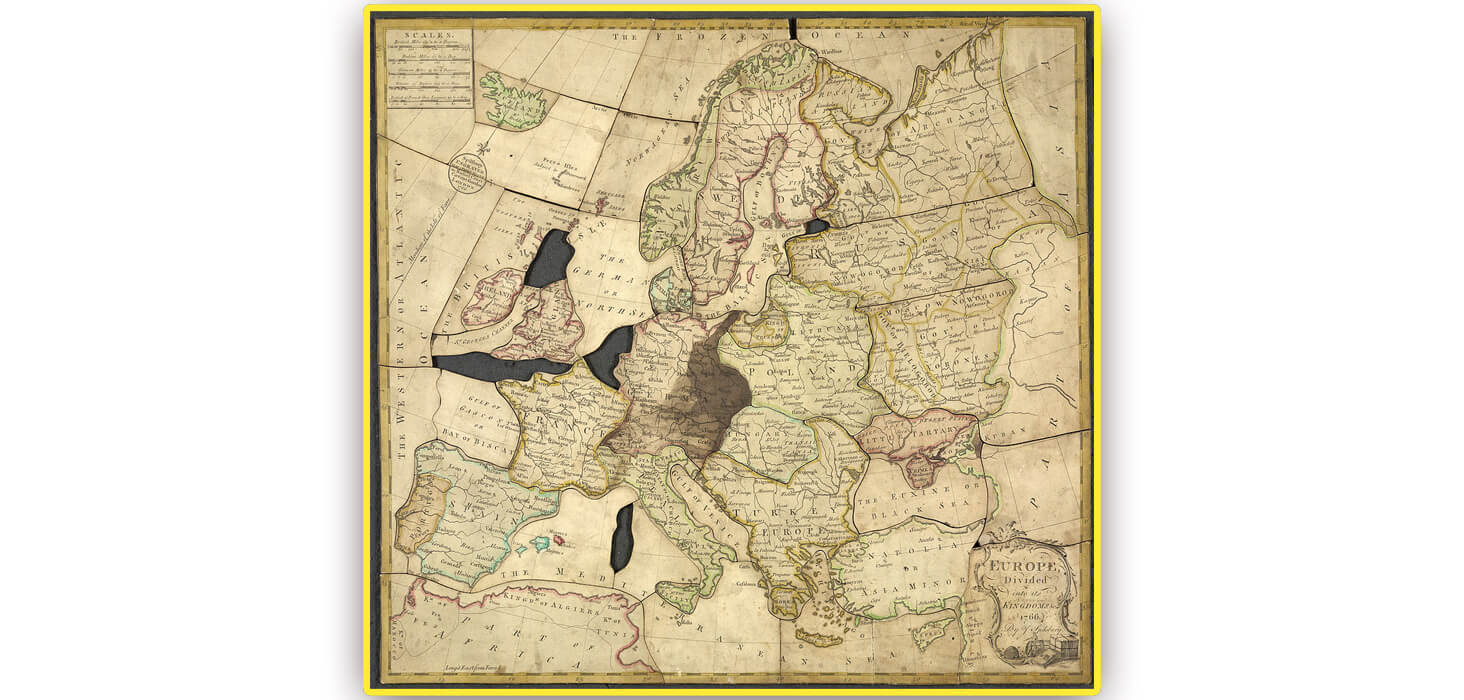
Standing the test of time…
By the time the Great Depression came around, puzzle sales reached their peak and close to 10 million of them were sold every week. Over time, puzzles became more affordable and wooden pieces were replaced by inexpensive cardboard which made mass-production possible. By mid-20th century almost anyone could buy one from their newsstand or rent one from their local library.
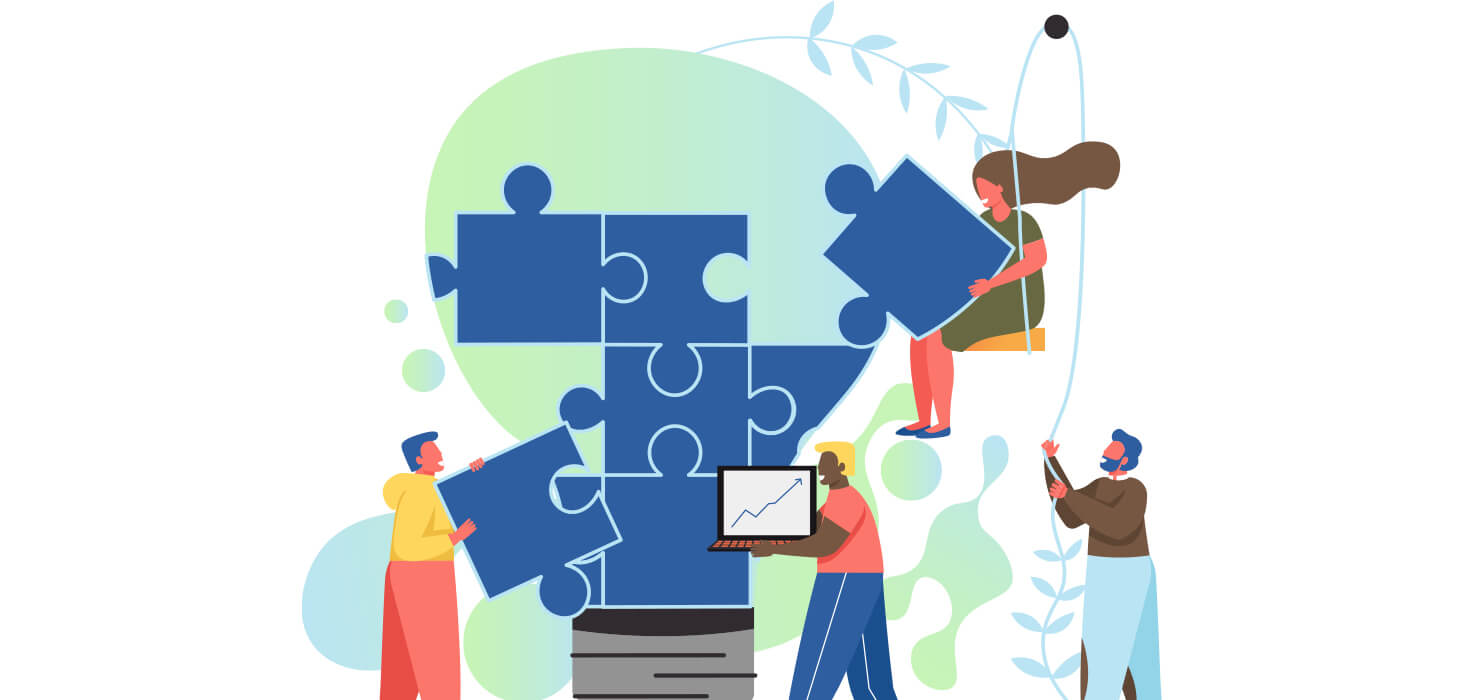
Still Everyone’s Favorite Pastime!
Whether you are doing a jigsaw puzzle online or one that takes up half the floor of your bedroom, there are some things that haven’t changed about them:
- Jigsaw puzzles exercise the left and right side of your brain
- They improve short-term memory and improve your mental speed
- Improve your visual-spatial reasoning skills
- Perfect for relaxing after a busy day
- Help you focus
Can you find the missing piece to this jigsaw puzzle?
